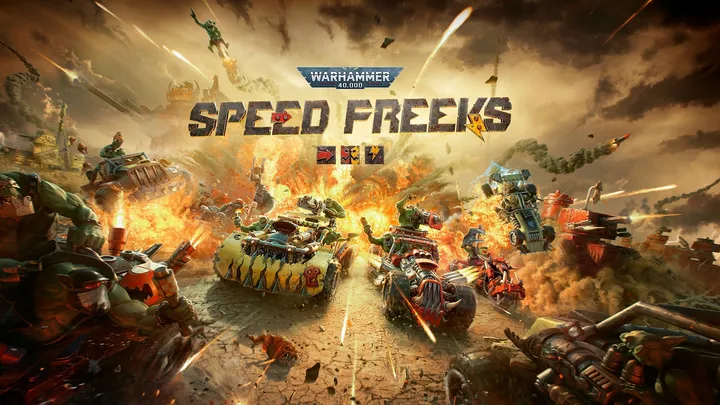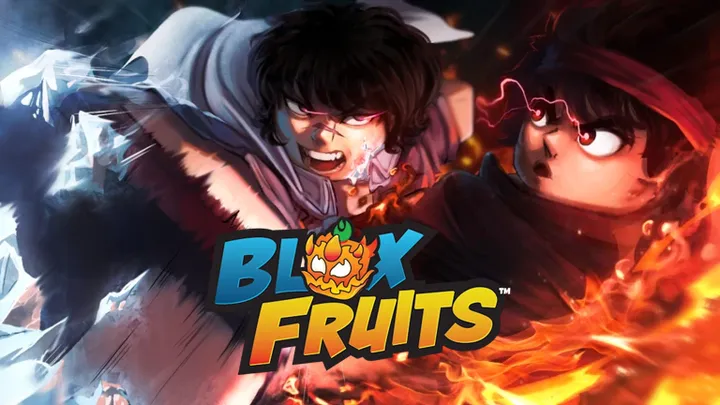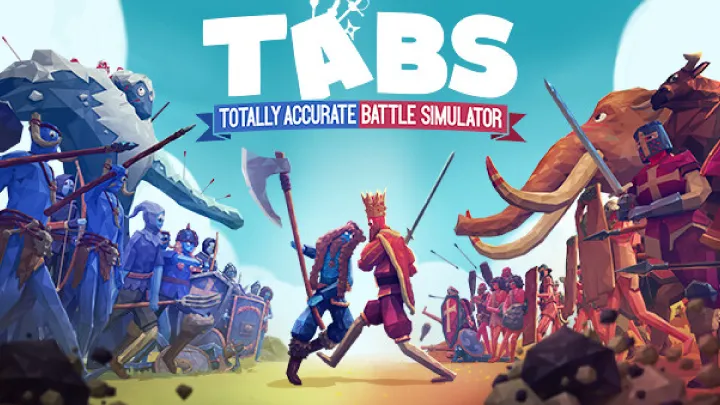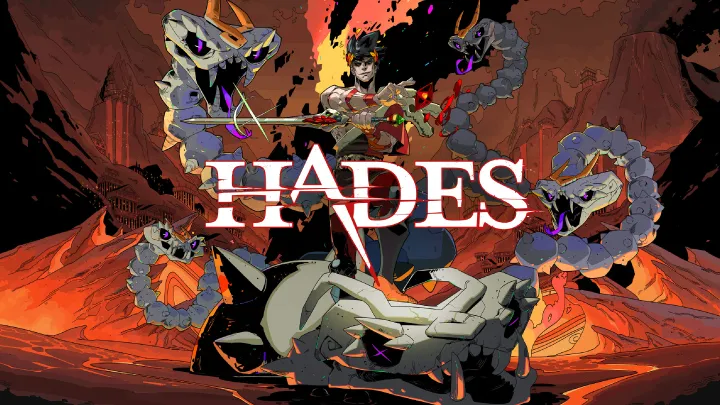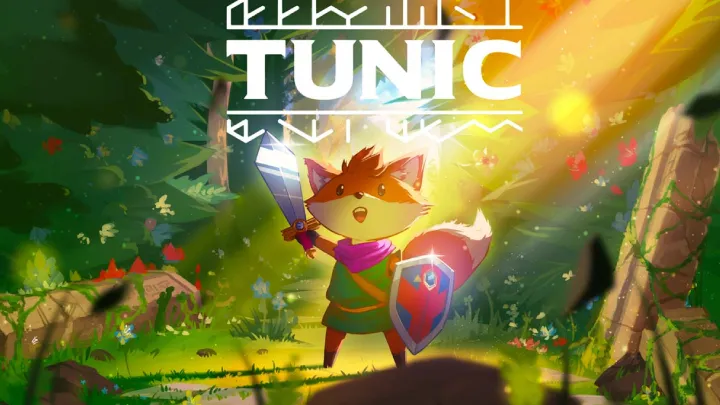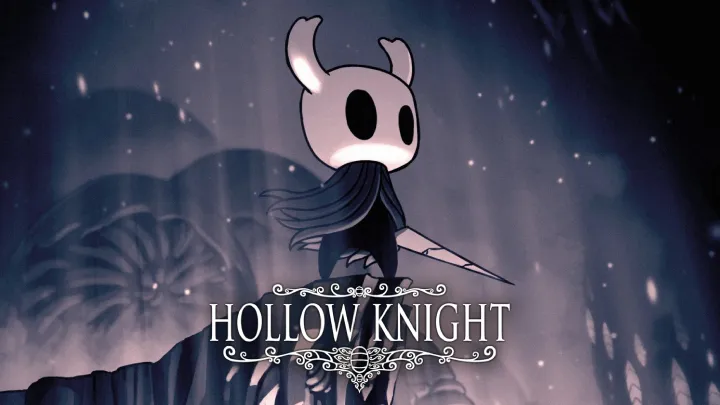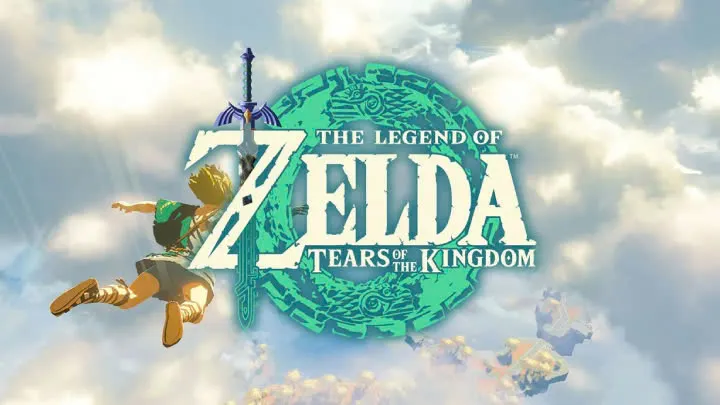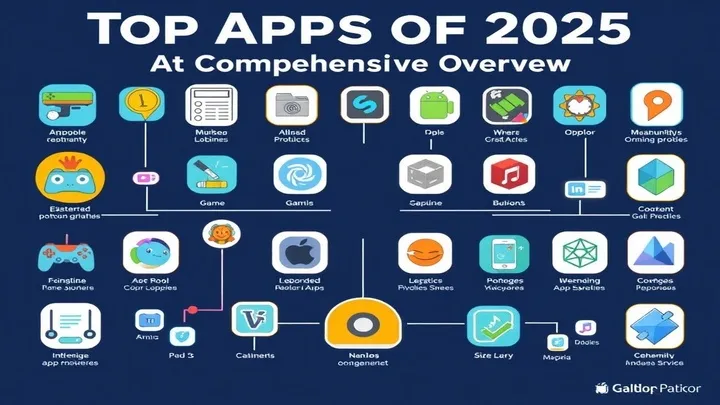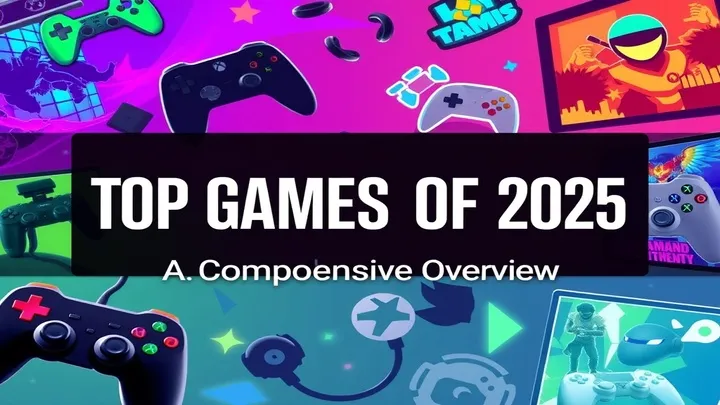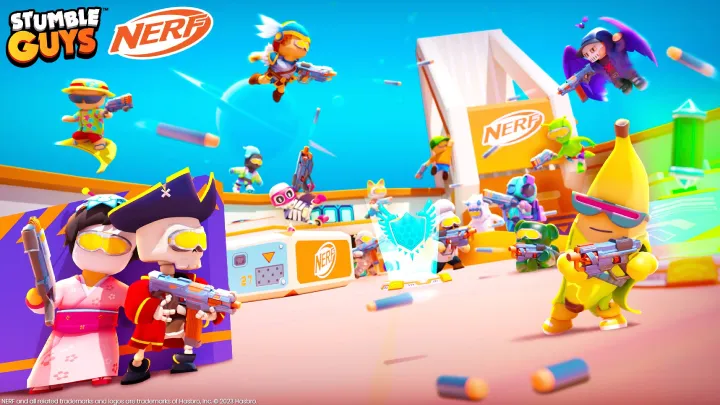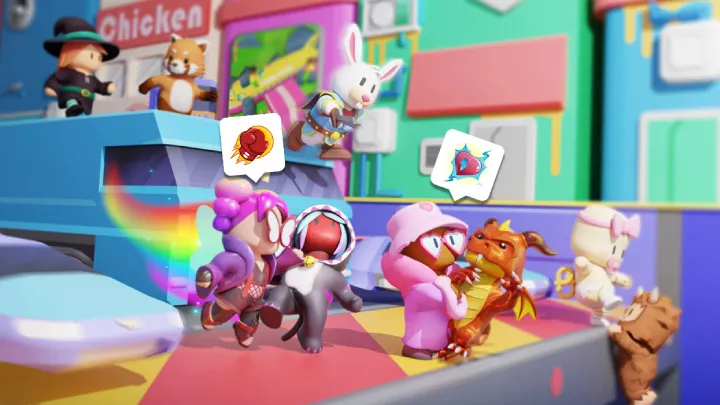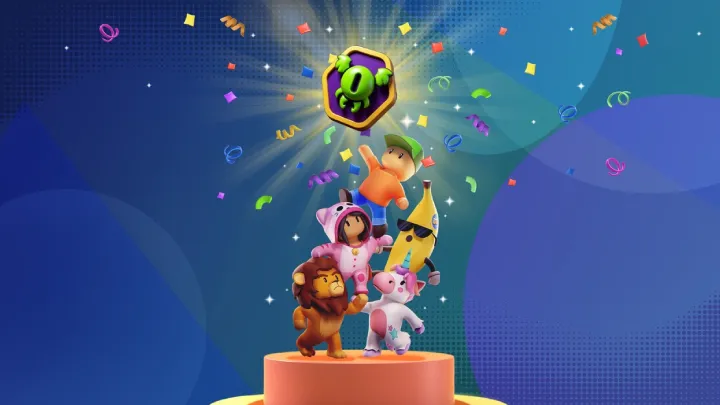The Politics of Power in The Legend of Zelda: Ocarina of Time
The Legend of Zelda: Ocarina of Time is not only a cornerstone of gaming history but also a rich narrative tapestry that weaves themes of power, politics, and morality. Released in 1998 for the Nintendo 64, the game presents a complex world where characters navigate intricate power dynamics, ultimately leading to a battle for the fate of Hyrule. This article explores the political landscape of Ocarina of Time, examining how power is portrayed, the motivations behind key characters, and the implications of their actions on the game's narrative.
The Power Structure of Hyrule
The Royal Family
At the center of Hyrule's political hierarchy is the Royal Family, represented by Princess Zelda and her father, the King. Their lineage symbolizes authority and protection over the realm. However, their power is also contingent upon their ability to wield the Triforce, a sacred relic that grants immense power.
The Triforce: A Source of Conflict
The Triforce consists of three parts: Power, Wisdom, and Courage. Each piece represents the core values of Hyrule's governance. However, the existence of the Triforce also introduces conflict, as different characters and factions vie for control over its power. This struggle for dominance becomes a central theme in the narrative, driving many of the game's events.
Ganondorf: The Antagonist's Rise
Ganondorf, the primary antagonist, serves as a foil to the Royal Family. He represents a corrupting force that seeks to usurp power for his own ends. His desire for the Triforce and willingness to exploit others highlight the darker aspects of ambition and greed.
The Manipulation of Power
Ganondorf’s rise to power is marked by cunning and manipulation. He initially masquerades as a loyal subject of the King, using deception to gain access to the Triforce. This duality emphasizes the idea that power can corrupt those who seek it, transforming noble intentions into tyranny.
The Role of Leadership
Zelda's Transformation
Princess Zelda undergoes significant character development throughout Ocarina of Time. Initially portrayed as a damsel in distress, she evolves into a proactive leader, embodying the wisdom and courage necessary to confront Ganondorf.
The Sheikah Clan
Zelda's transformation is facilitated by the Sheikah Clan, who protect her and guide her in her quest. Adopting the identity of Sheik, she becomes a pivotal ally for Link. This duality in her character illustrates the complexities of leadership; true power lies not only in authority but also in wisdom and sacrifice.
The Burden of Leadership
The game's narrative emphasizes the burden that comes with leadership. Both Zelda and Link must grapple with the weight of their responsibilities. Zelda’s decision to conceal her identity as Sheik reflects the sacrifices leaders must make for the greater good, while Link’s journey illustrates the personal costs of heroism.
The Consequences of Power
The Cycle of Corruption
Ocarina of Time explores the cyclical nature of power and corruption. Characters who seek power often find themselves consumed by it, leading to devastating consequences for themselves and others.
The Fall of Ganondorf
Ganondorf's eventual downfall serves as a cautionary tale about the dangers of unchecked ambition. His quest for the Triforce leads to his demise, reinforcing the idea that power, when misused, ultimately leads to self-destruction.
The Impact on Hyrule
The political struggles between Ganondorf and the Royal Family have far-reaching effects on Hyrule. The land itself suffers as a result of these power dynamics, with the environment becoming corrupted and desolate under Ganondorf's rule.
The Role of the People
The game's narrative also highlights the impact of leadership on the common people. Characters like the Gorons and Zoras represent various factions within Hyrule, each affected by the political turmoil. Their struggles emphasize the theme that power dynamics extend beyond the ruling class and impact the lives of all citizens.
The Ethics of Power
Moral Ambiguity
Ocarina of Time presents a morally ambiguous landscape where characters operate within shades of grey. Decisions made by leaders are not always clear-cut, and the game invites players to consider the ethical implications of their actions.
The Complexity of Choices
Link, as the hero, faces numerous choices that test his moral compass. The game challenges players to think critically about the consequences of their decisions, emphasizing that even noble intentions can lead to unintended outcomes.
The Nature of Heroism
The portrayal of heroism in Ocarina of Time is complex. Link is not just a warrior; he is a symbol of hope and resilience against tyranny. His journey reflects the idea that true heroism lies in understanding the weight of power and the responsibility it entails.
The Legacy of Power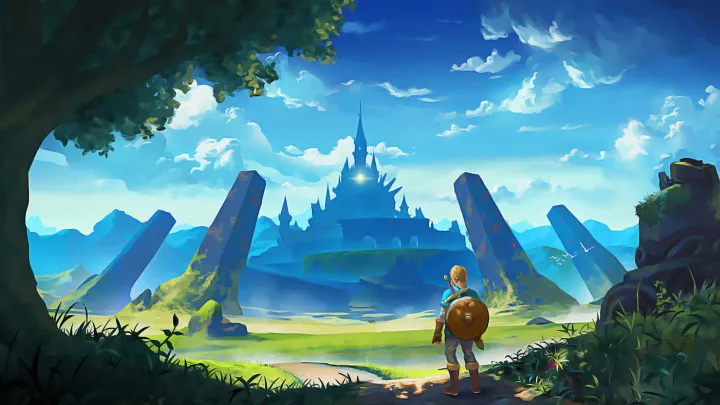
The Enduring Impact
The political themes explored in Ocarina of Time resonate beyond the confines of the game world. The struggle for power, the complexities of leadership, and the consequences of ambition are universal narratives that continue to be relevant in contemporary society.
Influence on Future Games
Ocarina of Time's exploration of power dynamics has influenced subsequent titles in the Zelda franchise and beyond. Many games now incorporate complex characters and political intrigue, reflecting the lasting impact of these themes on the gaming industry.
A Reflection of Society
The game's narrative serves as a reflection of real-world power dynamics. Players are invited to consider the nature of governance, the responsibilities of leaders, and the consequences of their actions, making Ocarina of Time not just a fantasy adventure but also a philosophical exploration of power.
Conclusion
The Legend of Zelda: Ocarina of Time intricately weaves a narrative that explores the politics of power, ambition, and morality. Through its rich character development and complex themes, the game invites players to reflect on the implications of their choices and the nature of leadership. As Link navigates the challenges posed by Ganondorf and the Royal Family, he embodies the struggle for justice in a world fraught with corruption and ambition. Ultimately, Ocarina of Time serves as a timeless exploration of power, reminding players that the true measure of strength lies not in dominance but in wisdom and compassion.
